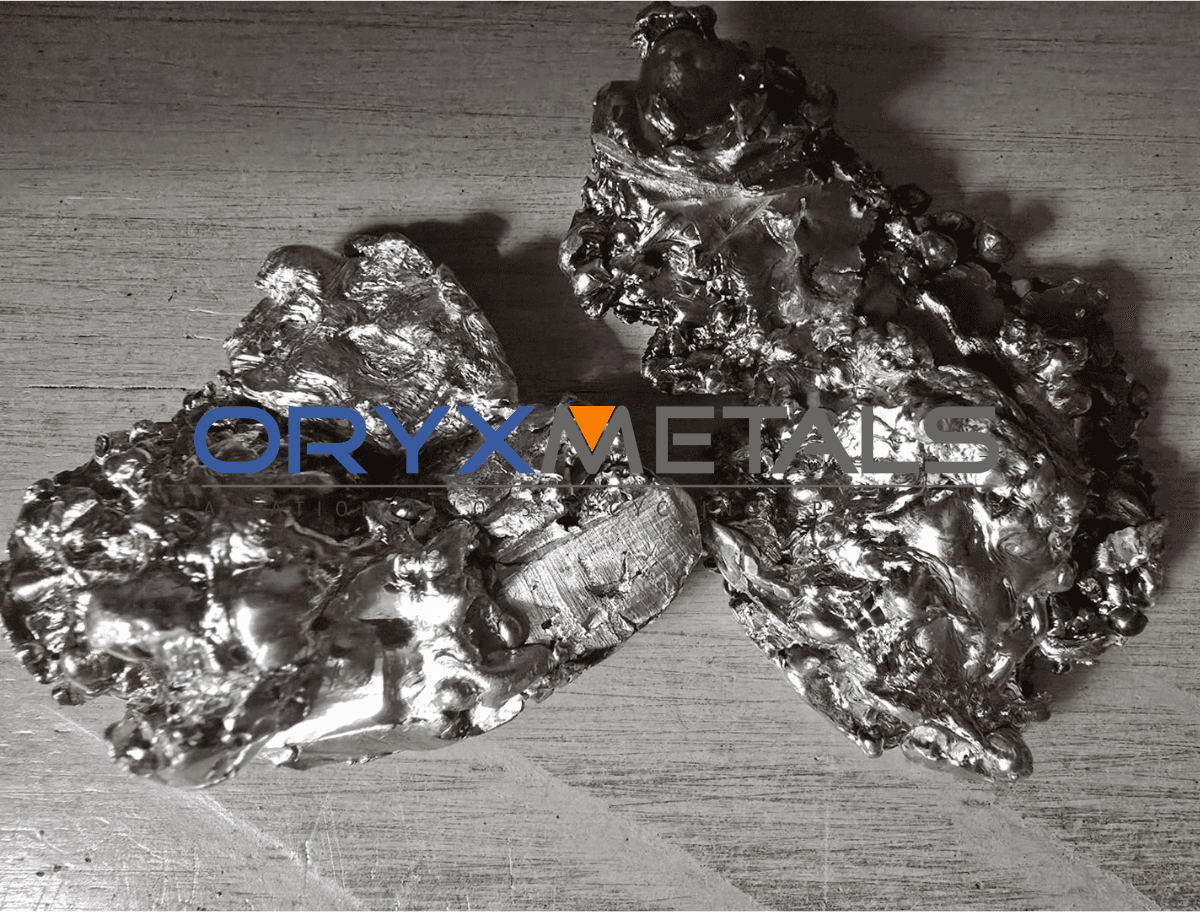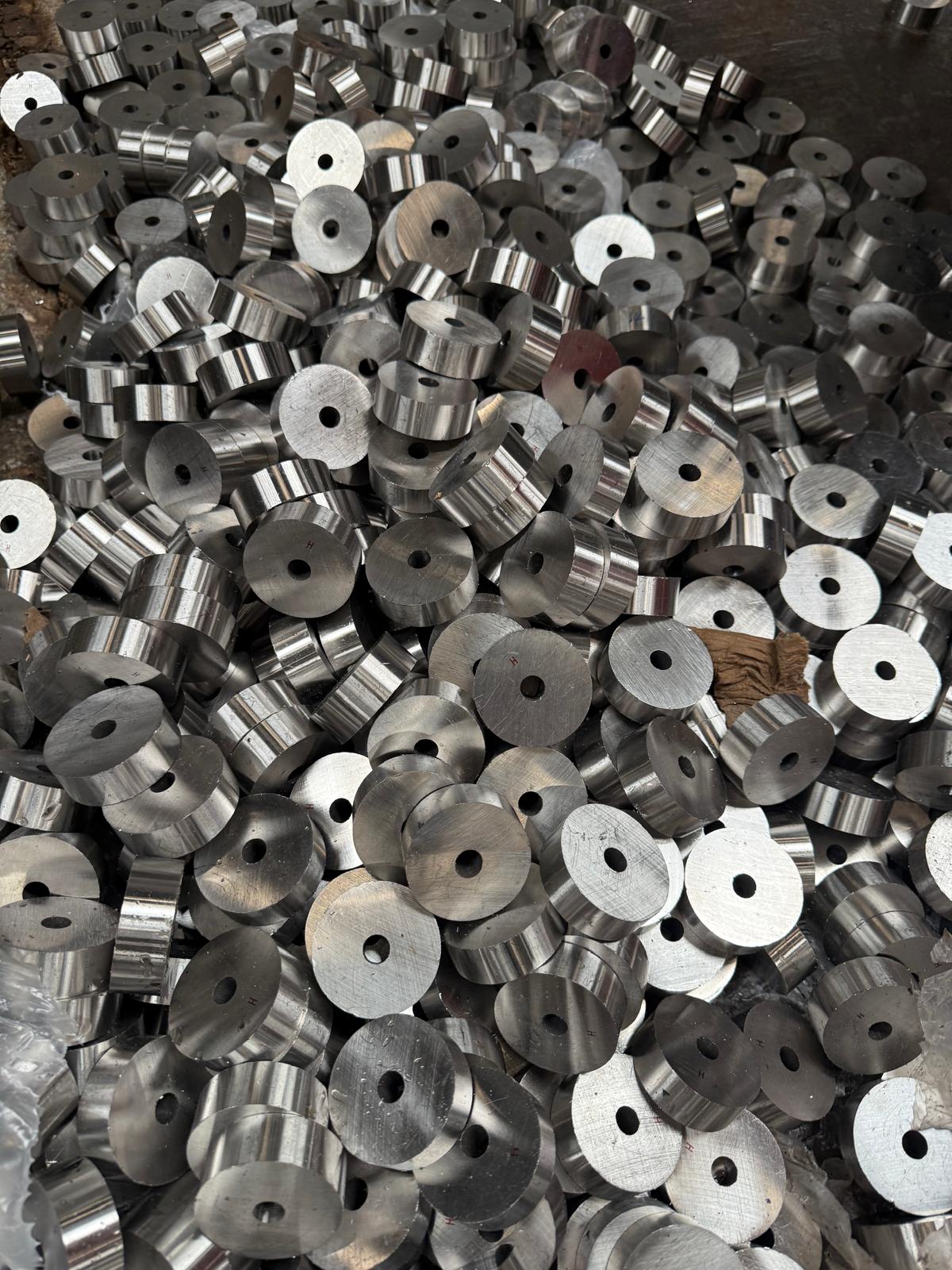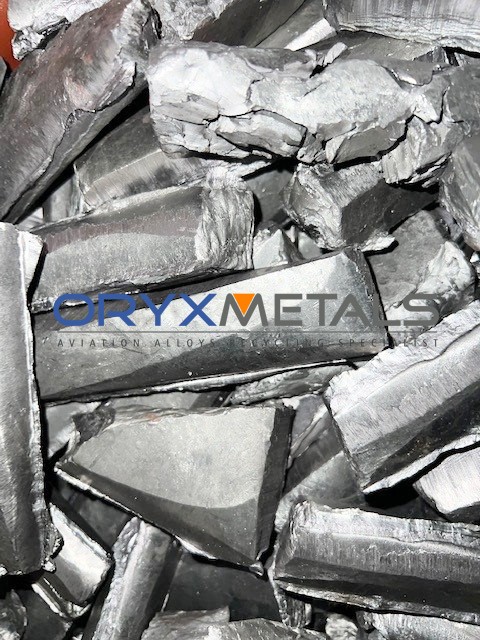
Jeremy Tew
Gallium Recycling: Unlocking the Hidden Potential of a Critical Element
Gallium, often overshadowed by its more well-known neighbors in the periodic table, plays a vital role in several cutting-edge technologies. From the light-emitting diodes (LEDs) illuminating our lives to the high-performance transistors powering our devices, gallium serves as a crucial building block for the modern world. However, as its demand surges, concerns regarding its limited availability and environmental impact necessitate the exploration of sustainable solutions. Enter gallium recycling – a hidden treasure waiting to be unlocked.
The Indispensable Gallium
Gallium, despite being classified as a rare metal, possesses unique properties that make it irreplaceable in various applications.
Low melting point: Gallium boasts a remarkably low melting point, making it ideal for applications requiring low-temperature processing, such as LED manufacturing.
Semiconducting properties: Gallium's ability to conduct electricity under specific conditions makes it essential for transistors, the workhorses of modern electronics.
High thermal conductivity: Gallium efficiently transfers heat, making it valuable for heat sinks in high-performance electronics.
These unique characteristics position gallium as a key player in various technological advancements, from smartphones and computers to solar panels and medical applications.
The Shadow of Scarcity
While gallium's contributions are undeniable, its scarcity casts a shadow on its future. Unlike renewable resources, gallium is a finite resource, primarily extracted from bauxite ore during aluminum production. This dependence on a single source, coupled with the ever-increasing demand for gallium-based technologies, raises concerns about its long-term sustainability.
Gallium Recycling: A Sustainable Answer
Fortunately, gallium recycling emerges as a promising solution to address the challenges of scarcity and environmental impact. Recycling allows us to recover gallium from various sources, including:
End-of-life electronics: Discarded smartphones, computers, and other electronic devices often contain valuable gallium that can be extracted and reused.
Scrap materials: Manufacturing processes in industries like solar cell production and LED manufacturing generate gallium-containing scrap materials that can be recycled.
Gallium-arsenide (GaAs) waste: This compound, used in solar cells and some electronic devices, can be recycled to recover valuable gallium.
By effectively recycling gallium, we can reap several benefits:
Reduced environmental impact: Recycling minimizes the need for virgin gallium extraction, reducing the environmental footprint associated with mining activities such as land use, water pollution, and energy consumption.
Resource conservation: Recycling conserves this finite resource, ensuring its availability for future technological advancements.
Cost-effectiveness: Recovered gallium from recycled materials can be a cost-effective alternative to virgin gallium, benefiting both manufacturers and consumers.
Unlocking the Future of Gallium Recycling
Gallium recycling, though still in its early stages, holds immense potential for the future. As technological advancements continue and the demand for gallium rises, efficient and sustainable recycling practices will become even more crucial.
By investing in research and development to improve recycling technologies, optimizing collection and processing infrastructure, and promoting responsible waste management practices, we can create a closed-loop system for gallium. This system would ensure its continued availability for future generations while minimizing the environmental impact of its use.
A Call to Action
Gallium recycling is a collective responsibility. Individuals, businesses, and policymakers all have a role to play in promoting responsible gallium recycling practices. Individuals can practice responsible e-waste management by properly disposing of old electronics and supporting companies committed to sustainable practices. Businesses can invest in recycling initiatives and explore ways to design products that are easier to disassemble and recycle. Policymakers can create regulations and incentives that encourage responsible gallium recycling and minimize environmental impact.
By working together, we can unlock the hidden potential of gallium recycling, ensuring a sustainable future for this critical element and the technologies that depend on it.
Contact
To obtain pricing for your recyclable Gallium scrap materials please contact our Commercial Team at:
PurchasingClick Here To Email







